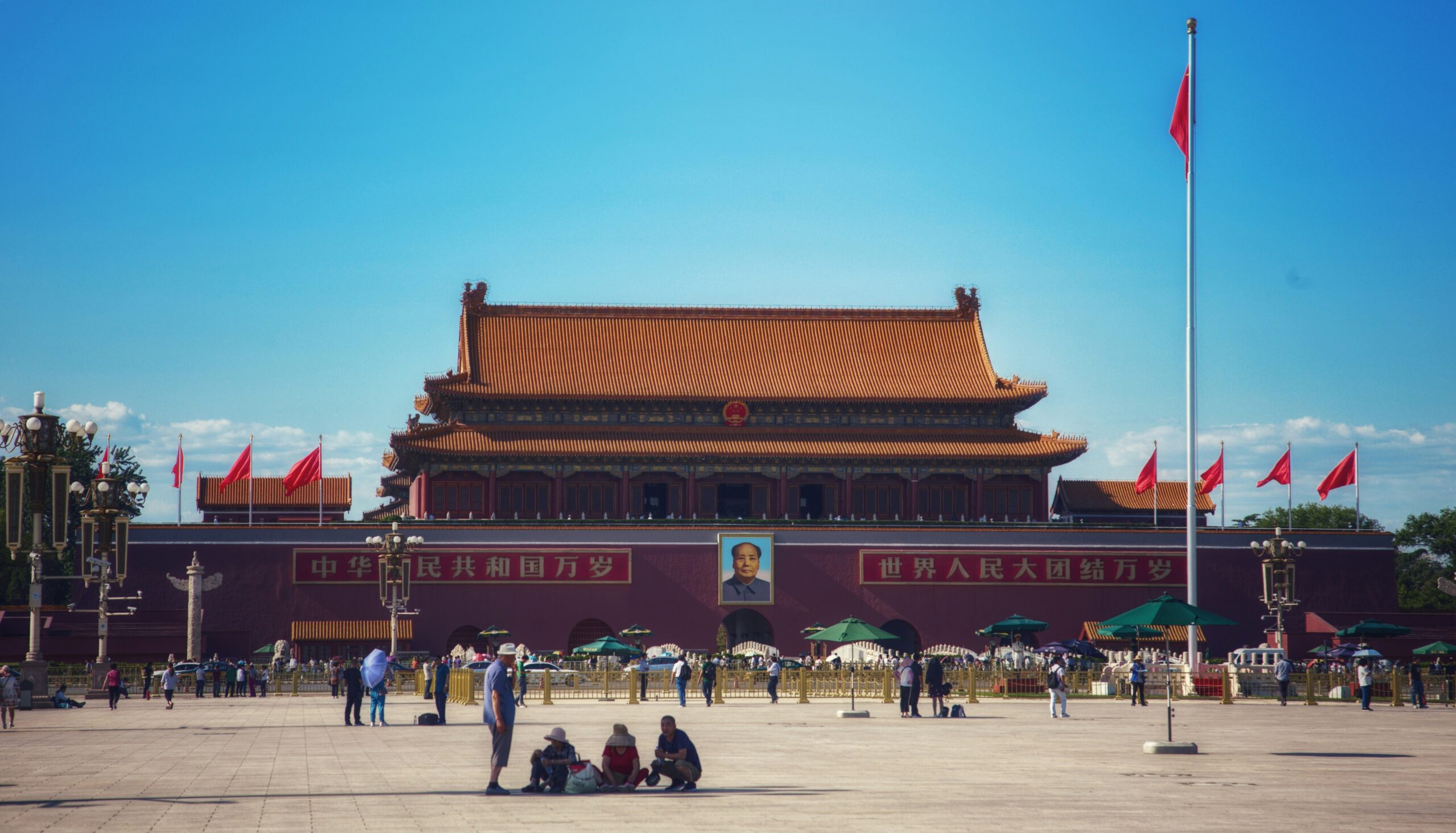Every five years, in the context of the European Parliament elections and before the appointment of the Commission, the European Council agrees on its political priorities and strategic orientations for the future. At its meeting in Brussels on 27 June 2024, the Council agreed on the strategic agenda for 2024-2029. It accounts for the global political landscape that is being reshaped by strategic competition, growing global instability, and attempts to undermine the rules-based international order. The current agenda aims to improve Europe’s sovereignty and equip it to deal with challenges such as Russia’s ongoing invasion of Ukraine, the fight against climate change, and mitigating the impact of the COVID-19 pandemic. The agenda is structured around three pillars: a “free and democratic”, “strong and secure”, and “prosperous and competitive” Europe.
A free and democratic Europe
Some of the EU’s primary strengths are values such as respect for human dignity, freedom, democracy, equality, the rule of law, and human rights, including the rights of persons belonging to minorities. To uphold these values within the EU and beyond, the strategic agenda recognises the need to promote the rule of law, democratic resilience and debate, and free speech. More specifically, it also aims to tackle foreign interference and destabilisation online, uphold the UN charter, and work towards a reformed and more inclusive multilateral system.
A strong and secure Europe
To assert its ambition and role as a strategic global player, the Council promises to continue to support Ukraine in its defence against Russia, build up the EU’s defence capacity with increased spending, and cooperate with transatlantic partners and NATO. It commits to continue the fight against organised crime, radicalisation, terrorism and violent extremism, and to strengthen its crisis prevention and response capacity for natural disasters and health emergencies. Finally, to manage the EU’s borders, it will introduce a merit-based EU enlargement process with incentives to run in parallel with necessary internal reforms, and a comprehensive approach to migration.
A prosperous and competitive Europe
The Council recognises that it must improve Europe’s economic security, to strengthen its long-term competitiveness and improve citizens’ economic and social well-being. To achieve this goal, it vows to deepen the single market and promote collective investment, to advance sustainable and resilient trade policies including secure strategic supply chains, and to foster innovation, education, and skills development. To tackle climate change and emerging technologies, it promises to prioritise the green and digital transitions by developing a genuine energy union and investing in digital technologies, supporting a resilient agricultural sector, and strengthening health cooperation at the European and international levels.
What does it mean for Europe?
The European Union aims to increase its global influence by supporting democratic values within and beyond its borders, enhancing its defence capabilities, and improving its economic security. In addition, by promoting the rule of law, the European Union seeks to achieve greater internal stability and unity. Finally, investments in the digital and green transitions will spur innovation and sustainable growth. This is the path the European Union intends to follow to ensure its long-term competitiveness. The Council agrees that all these measures will create the path for the EU to remain a strategic global power.
To achieve all these objectives, we can expect that the European Union will get increasingly involved in international affairs, especially in the areas of security and climate change. We should anticipate a significant increase in policy initiatives centred around innovation, economic integration, the environment, and defence. Finally, the European Union vows to implement new economic policies and concentrate on strategic investments to strengthen its economic resilience.

